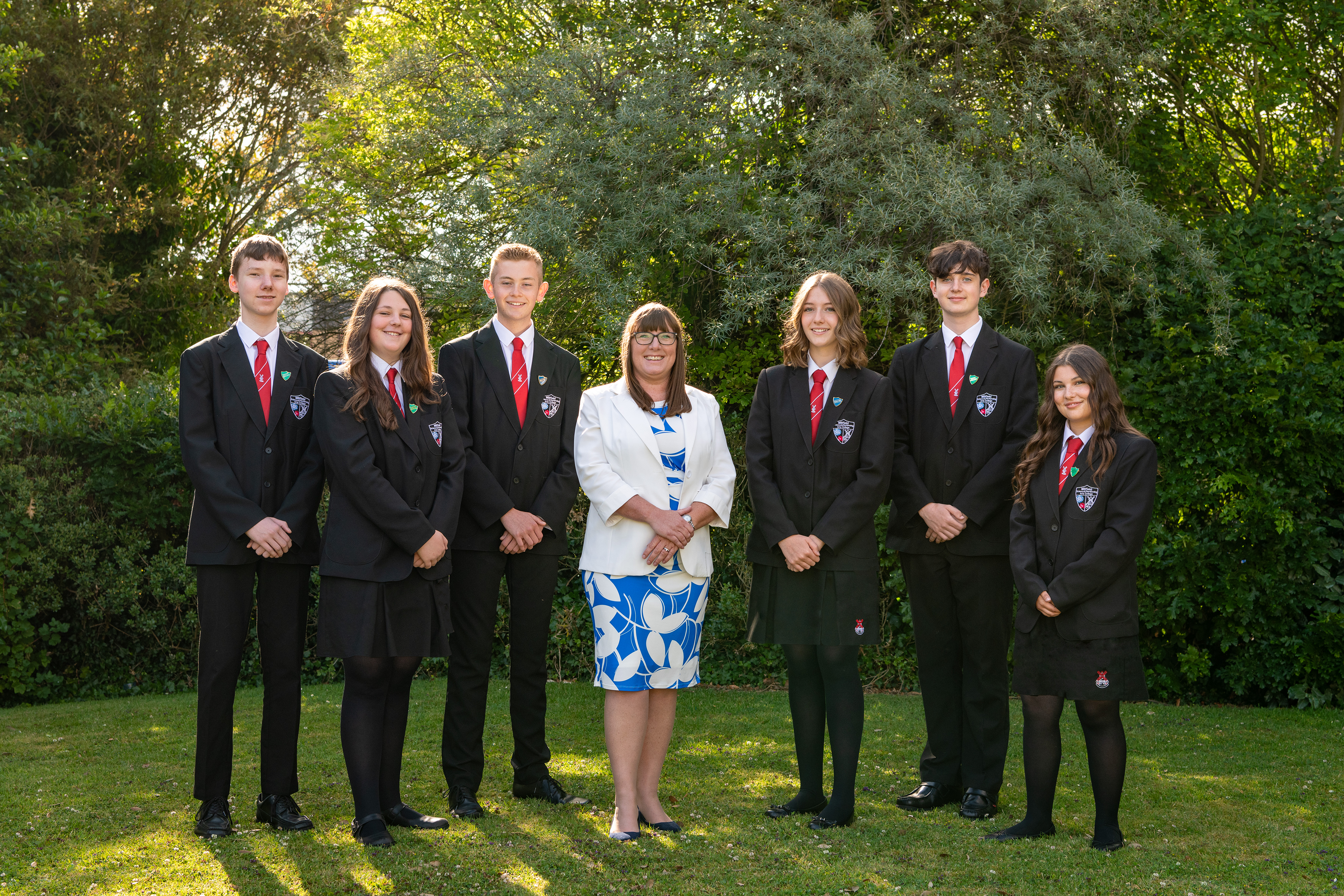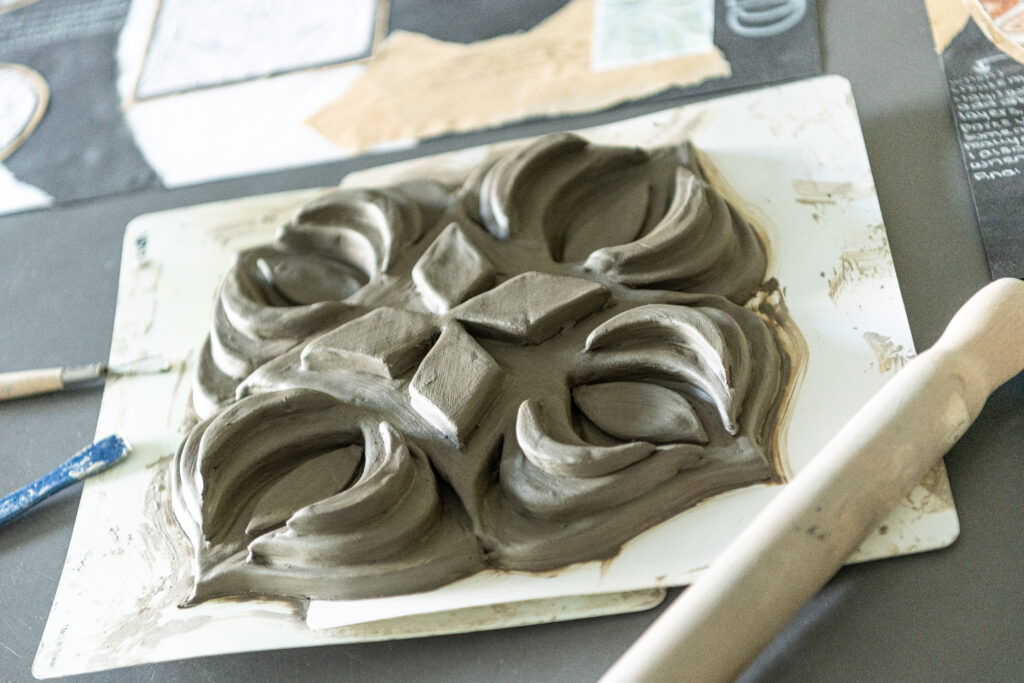



Child Development


In Child Development, it is our intention to deliver a curriculum that is relevant, engaging and challenging for students who would like to work within the Early Years Sector. The Child Development core curriculum is sequenced to allow students’ performance, knowledge and understanding to grow, and builds on prior skills and knowledge. Students are taught sequential units of key activities to ensure that their skill levels develop and build, this helps students grow in confidence. The curriculum offers opportunities for student agency and collaborative learning, building on skills that they can take into the workplace. It is particularly suited to those that wish to enter an early years’ profession for example: early years’ practitioner, nursery assistant or primary education and many more. It aims to provide students with the necessary life skills to make a difference in people’s lives.
“Reading is a passport to countless adventures.”
In Child Development and Care, students are taught a wide range of academic and practical skills through a range of individual and whole class practical activities. If students choose to study Child Development and Care at Key Stage 4, they progress their knowledge of social, intellectual, physical, and emotional development of a child from birth to five years. Discussions and spoken tasks related to Child Development develop language skills allowing students to express themselves confidently, articulately and with fluency. The course provides opportunities for students to grow into well-rounded, happy individuals. It places importance on education understanding the role of child development and the care of children in society today.
Students have the opportunity to experience life in an early years’ setting through onsite visits from Forest School and nursery school managers. This experience enables them to understand what play really means for children and how important it is to plan appropriate learning activities to develop young children’s knowledge and skills. Students may also have the opportunity to visit an early years’ setting during work experience in Year 10. This encourages multiple approaches to learning, such as practical opportunities and real-life scenarios, which supports students in developing their applied knowledge and practical skills.
In Child Development and Care, the curriculum content further develops aspirations, empowering and enabling social mobility. With the in-house speakers (midwives, forest school leader, nursery nurse, health visitor and childminder), students’ communication, and knowledge of the level of skills and opportunities that are in their local and wider community are expanded. In addition, there are career talks with Norland Nanny School in London and visits from local colleges to explain the educational pathways, including T-Levels, work-based learning, apprenticeship, and higher education. The curriculum raises awareness of the wide variety of careers within the Early Years, with emphasis on roles identified in the wider community.

